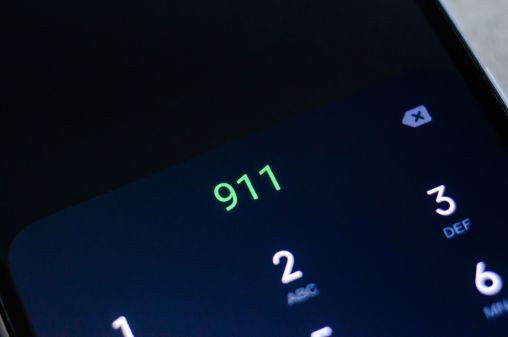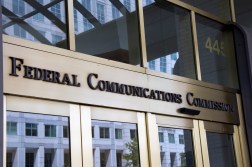Those 911 phone fees are not going toward 911, U.S. House committee tells FCC
Anyone who’s ever looked at an itemized phone bill may have noticed a small fee meant to support 911 infrastructure, but a letter sent by a U.S. House committee to the Federal Communications Commission on Monday points out that a lot of that funding continues to be diverted elsewhere.
According to FCC reports, about $1 billion in 911 funding has been diverted by states into non-911 programs since 2009. And the letter signed by three Republican lawmakers — House Energy and Commerce Committee Chairman Greg Walden, Subcommittee on Communications and Technology Chairman Marsha Blackburn, and Subcommittee on Oversight and Investigations Chairman Gregg Harper — says the figure is likely even higher, because without strong federal requirements, some states have opted not to report that data to the FCC at all.
The trend is also rising. FCC data from the last two years alone shows $350 million in state-collected 911 fees are being allocated for other purposes. And though FCC Commissioner Michael O’Reilly, who was nominated to his post by Barack Obama in 2013, is trying to encourage states to disclose what they’re doing with 911 funds, the letter’s authors point out that results of that effort have been “mixed.” In February, O’Reilly scolded seven states and territories for not sharing 911 funding data with the FCC.
In its letter, the committee calls the trend “troubling.”
“When critical moments occur, all Americans rely on 9-1-1 to provide emergency services,” the letter reads. “Diverting 9-1-1 fees may result in understaffed calling centers, training issues, longer wait times during an emergency, and inhibit the transition to Next Generation 9-1-1 systems.”
As for federal funding for next generation 911 , the entire nation’s approximately 6,500 call centers have just $115 million to draw from, allocated in 2012, but states have otherwise been left to find their own funding sources. And now even those fees are often being diverted, said Brian Fontes, CEO of the National Emergency Number Association.
“It’s all over the map at the state level in terms of how 911 is funded,” Fontes said. “The FCC is complying with a law by asking states to supply information about their 911 fees, and that’s it. There’s no real follow-up. There’s no audits. There’s no teeth associated with the problem.”
Fontes suggests a financial penalty, like pulling federal grants, for states that don’t report what they’re doing with the funding or that are found to have diverted funds.
When asked why this letter was sent to the FCC now when the issue has persisted for so many years, a committee spokesperson told StateScoop it was part of regular check-ins it does with the FCC and that the commission’s most recent reports validate that “there’s more work to be done” on this issue.
Last month, O’Reilly wrote Rhode Island Gov. Gina Raimondo a letter praising her commitment to reverse the trend in her state, where a reported $170 million in fees has gone “unaccounted for,” according to the state, since 2002, but Raimondo’s proactive commitment to change puts her in the minority.
Twenty-one states have reported diverting 911 funds since 2009. And New York, Oklahoma, Missouri, Montana, Puerto Rico, the Northern Mariana Islands and Guam were the seven that didn’t report anything to the FCC on 911 funding, according to O’Reilly’s annual report released in February.
Republican Rep. Chris Collins introduced legislation last week that would require states not to divert 911 funds.
“Diverting these important fees puts lives in danger, especially in rural areas,” Collins says in a press release.
The bill would direct the FCC, in consultation with public safety organizations and state and local government, to determine how collected 911 fees should be allocated, instead of states being allowed free reign, as they are today.
Besides being misleading for consumers, said Fontes, 911 fee diversion is hurting people who need help in times of crisis.
“I really think it’s become a means of making the shortfalls that states are experiencing a little less dramatic,” Fontes said. “The real victim in all of this are the citizens of all those states that are not getting the 911 service that their money could afford for them to get.”





